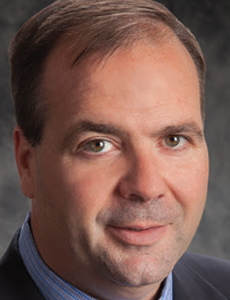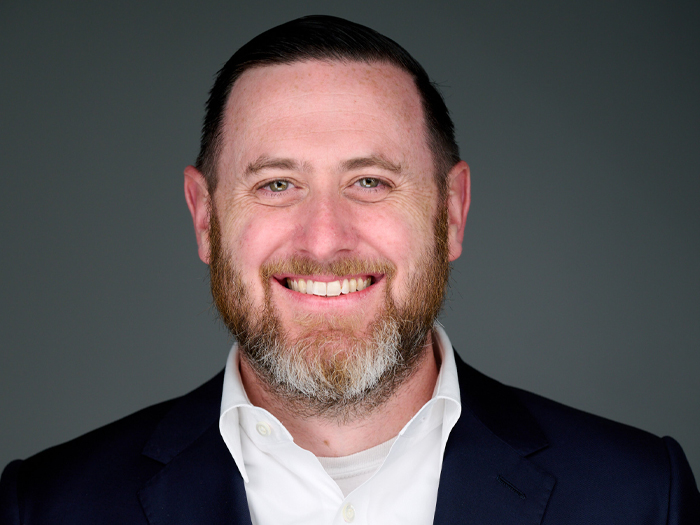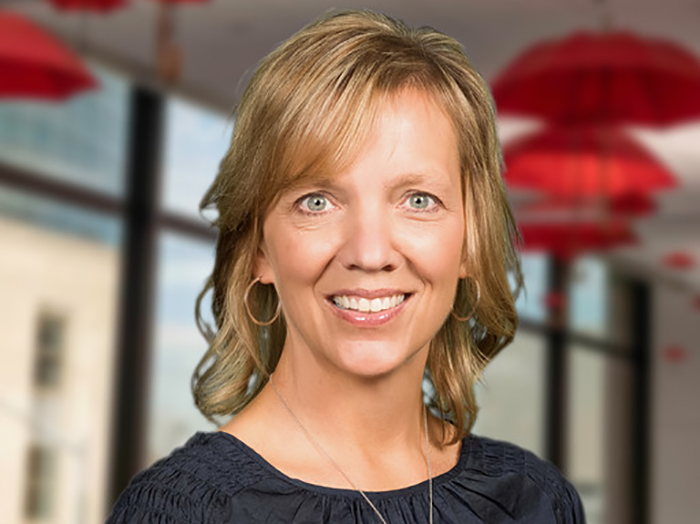Claims Management
Focus on Fundamentals

Dave Crowe came on board at Berkshire Hathaway Specialty Insurance in 2013, with a depth of claims leadership experience. He was given the rare challenge of building a claims operation from the ground up. Crowe’s first order of business was to solicit honest feedback from prospective customers and brokers. What he heard, loudly and clearly, was that the typical claims handling process had become far too impersonal, complex and adversarial. Here’s how he set out to change it.
When we asked what mattered most to customers and brokers in claims, the answers were really quite simple. They want claims resolved equitably, and handled with both expertise and sensitivity. And rather than a call for more technological bells and whistles, what we heard was a longing for the person-to-person communication that was standard fare in our business decades ago.
Put Relationships First
Building a modern-day claims operation means instilling an approach that mirrors what matters most to customers and brokers. Sure, progressive claims departments will leverage all that technology has to offer, from ensuring business continuity, to easing access to assess damages in remote areas, to tracking claims trends. But it is the “intangibles” in a claims organization that will make it stand apart.
Customers and brokers want strong relationships with their claims handling team. And that can only happen when there is collaborative, direct contact between the parties — and not just when a claim occurs. A progressive claims handling team meets with prospective customers and brokers alongside underwriters before a policy is bound. These meetings enable an organization to learn what is important to a customer, and the customer to learn what is important to the carrier. It is an opportunity to ensure everyone is on the same page as to coverage intent from day one.
Claims professionals’ early and ongoing involvement also helps optimize coverage for customers. Working together, claims and underwriting can enhance the clarity of policy wording, for example. This can only happen if underwriting and claims are a truly unified team.
Communicate Often
When the lines of communication are wide open from the start, any potential differences in an insurer’s approach and the customer’s expectations can be unearthed before a claim.
While it’s important to communicate up-front, it’s also important to have regular meetings with customers on an ongoing basis.
Issues such as which restoration vendor is preferred or which law firm should defend a claim can be discussed and resolved in advance.
This is far preferable to trying to hash out issues after a loss, when a customer may be in “crisis mode.”
Even issues of claims strategy can be discussed early on. For instance, does a customer prefer to try cases or settle? Simply talking through these preferences pre-claim sets the stage for a positive, forward-moving partnership when a claim occurs.
While it’s important to communicate up-front, it’s also important to have regular meetings with customers on an ongoing basis. How often? As with just about everything about claims management, one size does not fit all. There is no set formula. It all depends on the customer’s needs, wants and claims history.
Generally speaking, however, two meetings, in person or by phone, is a good minimum benchmark.
While it’s good to be proactive in reaching out to customers, customers should also be encouraged to contact the claims group at any time.
Problem? Pick up the Phone
No one likes to deliver difficult news. But when it’s handled correctly, even bad news can strengthen a customer relationship. Too often, in order to understand why a claim is not covered, insureds are left to sort through a 30-page reservation from a third-party attorney.
Nobody wants that happening to customers, so it should be standard protocol to reach out directly to customers and brokers before a reservation letter is sent.
When there is a reason that coverage cannot respond, it should be discussed with the customer person-to-person. Typically, they’ll come away from the conversation satisfied with a fair outcome.
No one likes to deliver difficult news. But when it’s handled correctly, even bad news can strengthen a customer relationship.
Insurers should never take a relationship for granted. Spot checks, picking up the phone to touch base with a customer or broker and hear first-hand how the claims team is doing are important. It’s a testimony to the power of this personal approach that customers are often surprised and always appreciative of this simple gesture.
At the end of the day, no matter how complex the claim, optimizing the experience is simple: It begins and ends with people talking to each other. It’s not just about making a payment, it’s about making the experience as positive as possible for the customer.
It goes without saying that a high caliber team is needed to execute this philosophy. High caliber means not only having specialized capabilities in a particular area, but also having a devotion to “doing the right thing.”
If the feedback we have received thus far is any indication, this approach is working as it should. Creating positive impressions, customer by customer, is exactly what this new paradigm intends to do.
While no one wishes claims on anyone, you want to be out there demonstrating the value of what you are building every day. We have had some complex cases to test our mettle. As our claims volume builds, I’m sure we’ll get the chance to do more.











